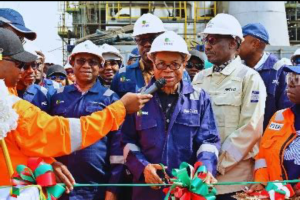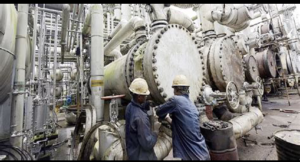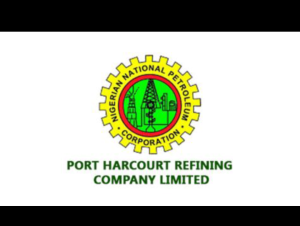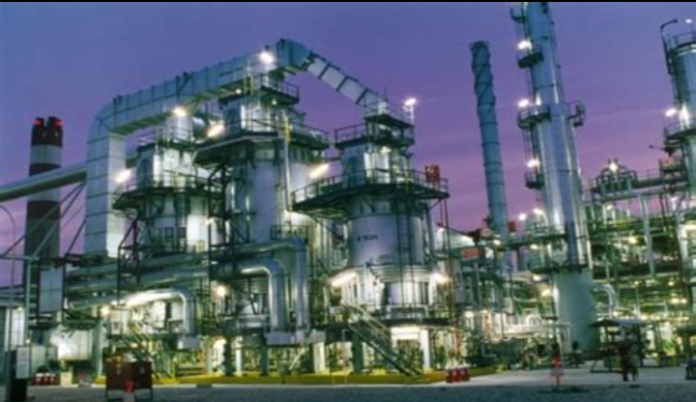Why does one of Africa’s largest oil-producing nations struggle with refining its crude locally? The Port Harcourt Refinery, a symbol of Nigeria’s potential and paradox, remains shrouded in delays, inefficiencies, and mounting questions.
In this piece, we unravel the issues holding back the refinery’s operations and explore the political, technical, and economic challenges keeping Nigeria’s refining dreams on hold.
The History: Ambitions Born of Necessity

The Port Harcourt Refinery, established in 1965, was a milestone in Nigeria’s quest for energy independence. It was built to reduce reliance on imported petroleum products, saving foreign exchange and boosting local capacity. Expanded in the 1980s, it became one of the largest refineries in sub-Saharan Africa, with a combined capacity of 210,000 barrels per day.
However, decades of mismanagement, corruption, and underinvestment have turned this national asset into a shadow of its former self. Repairs and upgrades have been promised repeatedly, but the refinery’s operations remain far from optimal.
The Political Hurdles: Policies and Promises
Politics plays a significant role in the Port Harcourt Refinery’s struggles. Over the years, successive governments have used the refinery as a tool for political gain, making lofty promises of rehabilitation without delivering results.
For instance, the Nigerian National Petroleum Corporation (NNPC) has overseen numerous “turnaround maintenance” projects costing billions of naira. Yet, these efforts have failed to revive production to full capacity. Critics argue that vested interests in the importation of refined petroleum products may be sabotaging efforts to make the refinery operational.
Economic Factors: A Costly Dependence

Nigeria spends an estimated $10 billion annually importing refined petroleum products. This reliance is not only economically draining but also counterintuitive for a country that ranks among the top oil producers globally.
Restoring the Port Harcourt Refinery would reduce this dependency, but the financial costs of upgrades remain a sticking point. In 2021, the Federal Government approved $1.5 billion for the refinery’s rehabilitation. Skepticism abounds over whether this investment will yield tangible results, given the history of unfulfilled contracts and inflated budgets.
The Technical Challenges: From Outdated Equipment to Poor Maintenance
Years of neglect have left the refinery’s infrastructure outdated. Key equipment components have not been replaced or upgraded, and the lack of skilled personnel exacerbates the problem. Even with rehabilitation efforts underway, experts warn that outdated technology might limit the refinery’s competitiveness in a modern energy landscape.
The Human Cost: Impacts on Nigerians
The delay in fixing the refinery isn’t just an economic issue—it’s a human one. Nigerians bear the brunt of skyrocketing fuel prices, frequent scarcity, and economic instability. Small businesses reliant on affordable energy face closure, and households struggle to cope with inflated transportation costs.
For many, the refinery symbolizes hope—not just for economic relief but for national pride and energy sovereignty.
A Light at the End of the Tunnel?

Despite these challenges, there’s cautious optimism. The ongoing rehabilitation, led by a consortium including Italy’s Maire Tecnimont, promises to restore the refinery to at least 90% of its capacity by 2025. If successful, this could mark a turning point for Nigeria’s energy sector.
However, the road ahead requires transparency, accountability, and political will. Nigerians are watching closely, hoping this won’t be another cycle of broken promises.
Conclusion: Time for Change
The Port Harcourt Refinery’s delays are emblematic of broader issues within Nigeria’s oil and gas sector: a lack of accountability, political interference, and missed opportunities.
Yet, the refinery also represents untapped potential—a reminder of what could be achieved with the right mix of leadership, investment, and technical expertise.
As Nigeria grapples with its refining challenges, one thing is clear: the story of the Port Harcourt Refinery is far from over. Although it is offering epileptic services, Nigerians will hope that it will be more stable on its services.
Curious about how oil refining impacts global economies or Nigeria’s energy future? Explore more stories on our blog for deeper insights!


